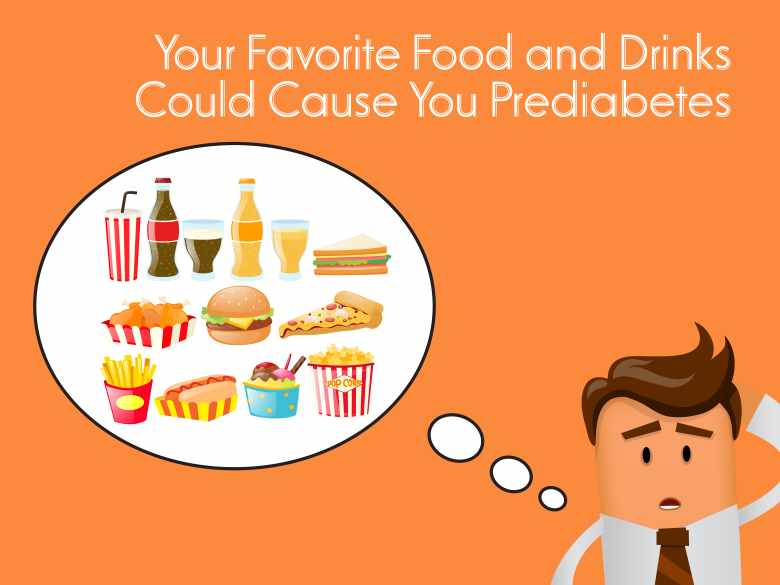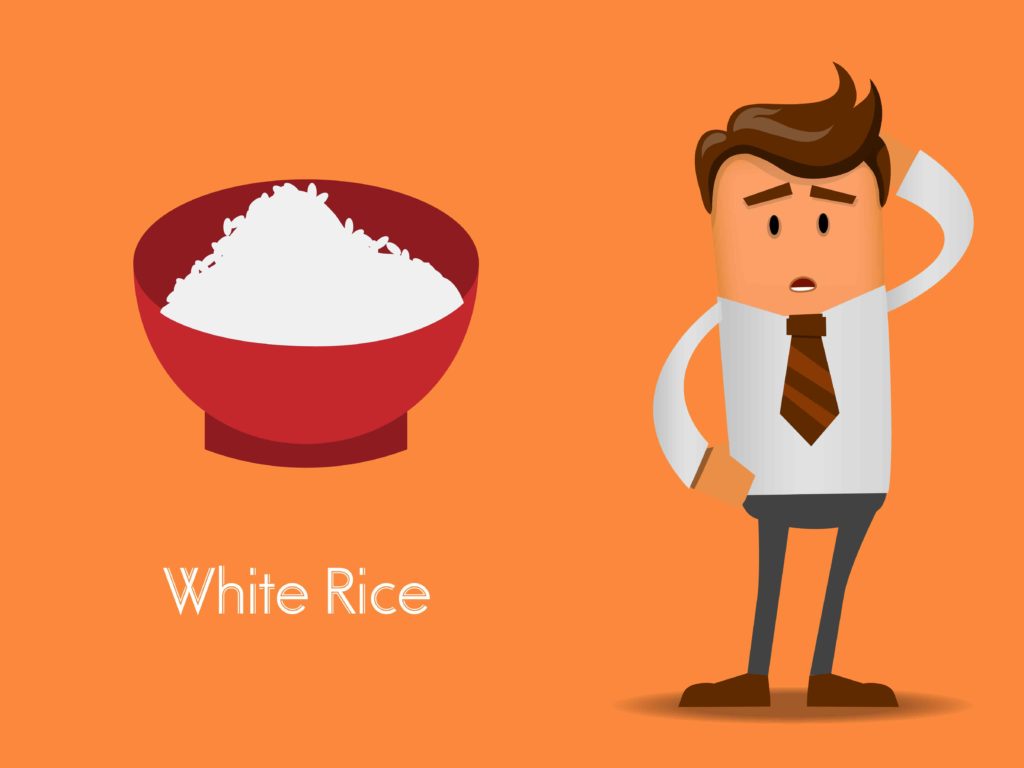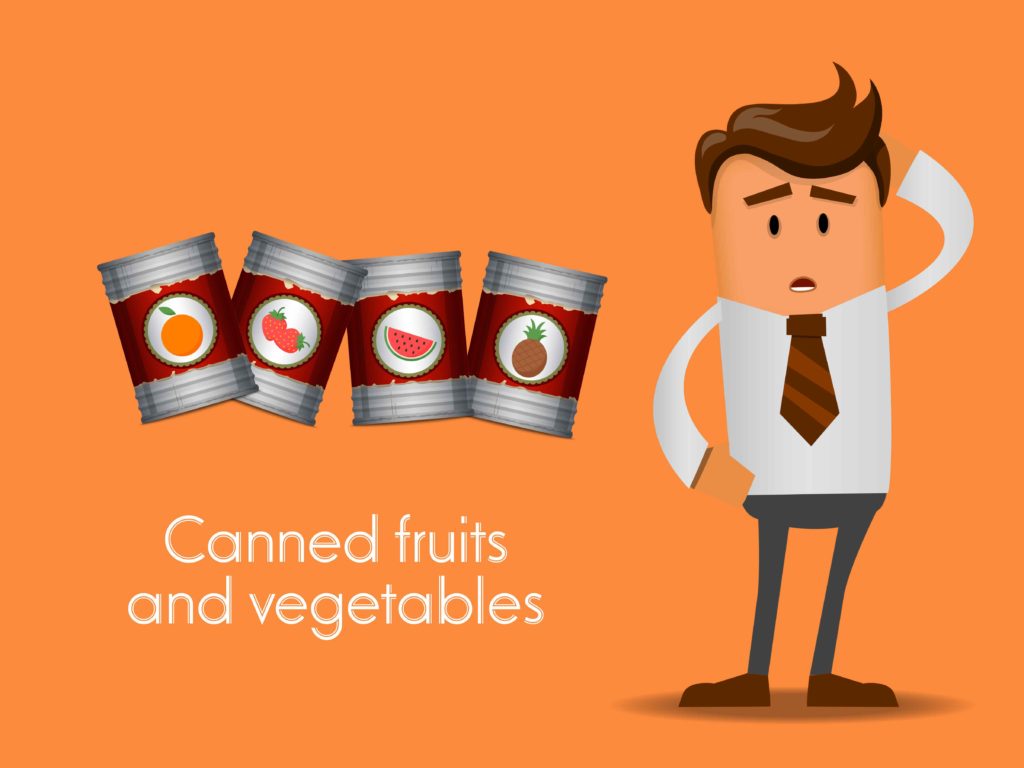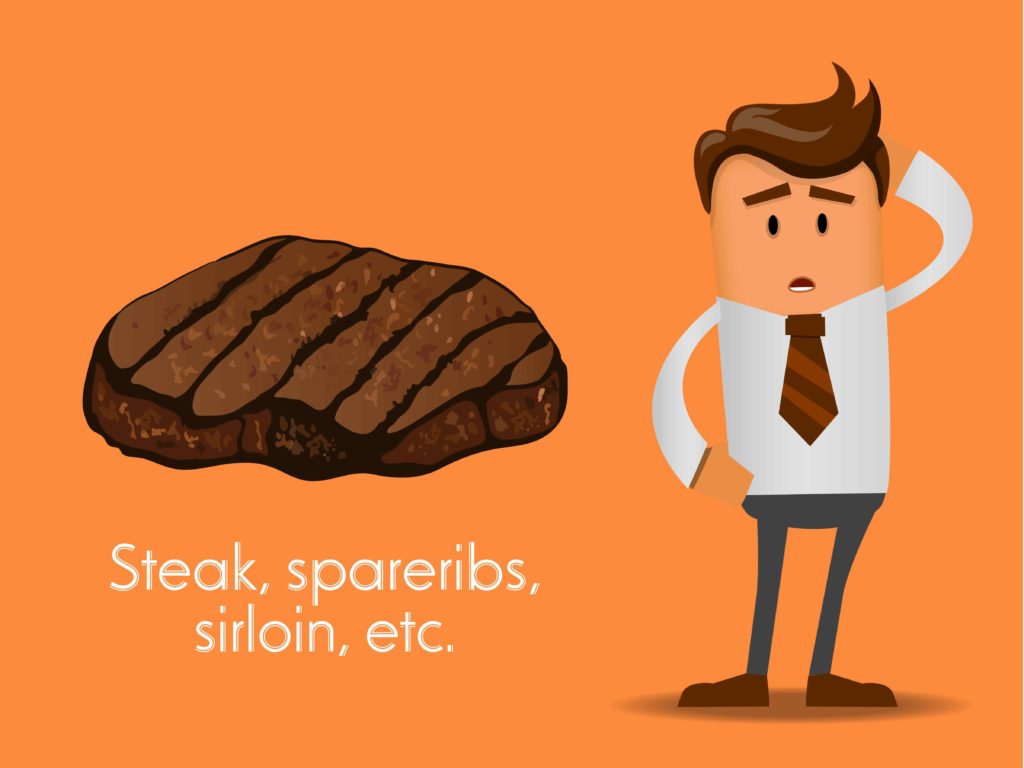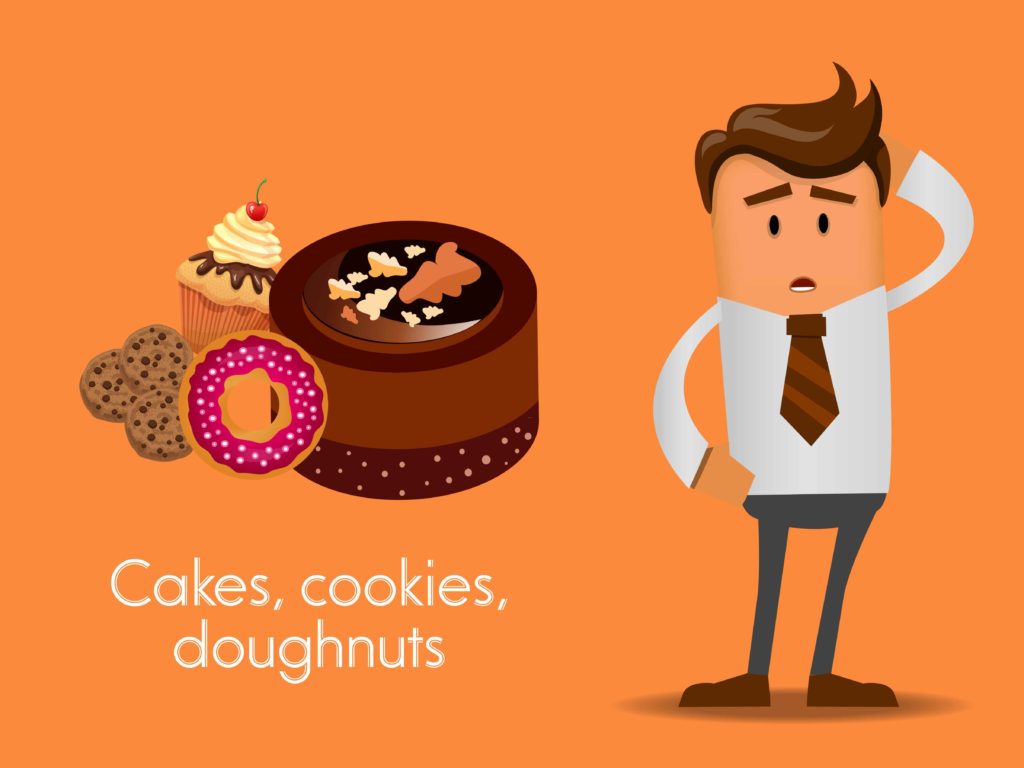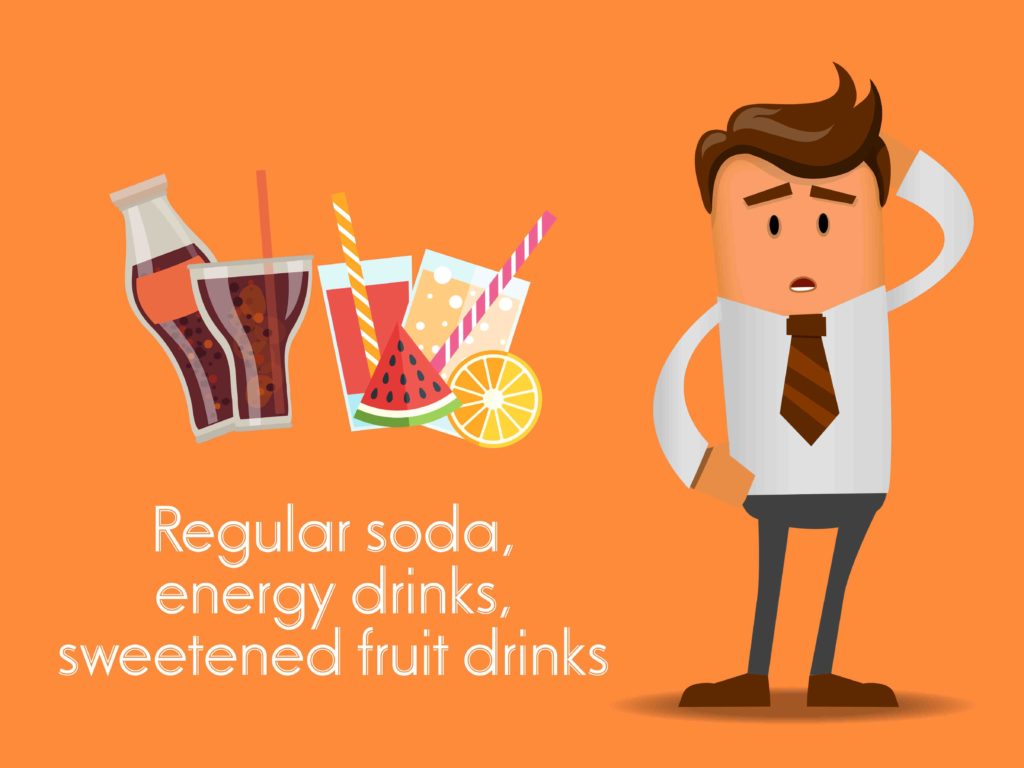Do you often find yourself saying, “a little bit of sugar won’t hurt”?
Turns out, that “little bit of sugar” accumulates over time and can actually cause you prediabetes—the condition in which your blood sugar is higher than normal but not elevated enough to be considered type 2 diabetes.
All that excess sugar in your bloodstream gives your pancreas a difficult time producing enough insulin to process it all.
And where did all this sugar buildup come from? From all the sugary food and drinks you thought “won’t hurt.”
Numbers to Keep in Mind
- 56 percent. Research found that those diagnosed of prediabetes were 56 percent more likely to not progress to type 2 diabetes, given a change in lifestyle (including diet).
- 5 to 10 percent. Although there is no exact recommendation for prediabetics, the World Health Organization recommends to limit your daily sugar intake to 5 to 10 percent of your daily calorie count.
- 45 to 60 grams. This is the amount of carbohydrates per meal that the American Diabetes Association recommends in order to manage your blood sugar level. Although carbohydrates break down into sugar, you still need it. The trick then is to limit your daily carbohydrate count.
Food and Drinks That May Be Causing Prediabetes
The answer, although simple, may be challenging: watch your diet.
Food and drinks with high glycemic index (GI) should be limited or avoided altogether.
Here are a number of your favorite food and drinks that might actually put you at risk of prediabetes:
1. White rice
It’s not just rice; everything that falls under the umbrella of refined carbohydrates all have high GIs. These are the kind of carbohydrates that get digested quickly, therefore leading to a spike in your blood sugar level.
This includes white rice, white bread, cereals with no whole grains, russet potatoes, and french fries, among others. Instead, go for unrefined and whole-grain carbohydrates, such as whole wheat bread, brown rice, sweet potatoes, corn, and many more.
2. Canned fruits and vegetables
You may think that buying these in grocery stores would be a healthy choice. But these products actually come with high sugar content.
Canned vegetables, for example, usually have a lot of sodium in them. The same goes for fruits. Those that come in cans with heavy syrup, as well as bottles of jam, have a lot of sugar involved in their creation.
The best choice is to always go for fresh vegetables and fruits. If you can find some sugar-free canned fruits, make sure you check the back label to see if they are truly free of sugar content.
3. Steak, spareribs, sirloin, etc.
Although meat is not a source of carbohydrates, there have been multiple studies that show fat affects a person’s insulin resistance. Accumulated fat in the bloodstream creates a toxic environment in muscle cells, which then tends to block insulin signaling process.
 Additionally, overweight people are more prone to developing prediabetes. Lowering their cholesterol levels would help them lose weight and increase their chances of not developing prediabetes.
Additionally, overweight people are more prone to developing prediabetes. Lowering their cholesterol levels would help them lose weight and increase their chances of not developing prediabetes.
As such, food with saturated fats should be limited or altogether avoided. These are mostly animal-derived products like fatty beef, pork, lamb, and dairy products (e.g. butter and cheese).
Protein can be gained from other food sources like red meat with more lean cuts, chicken and turkey without skin, beans, legumes, shellfish, and tofu.
4. Cakes, cookies, doughnuts
Trans-fatty acids a.k.a. trans fats are used to enhance flavor in some of your favorite baked goods. This includes processed foods, biscuits, margarines, and frozen pizza, among others. Similar to saturated fat, trans fats should also be minimized.
Moreover, when you go shopping, always check the ingredient list for “partially hydrogenated oils.” Even if the label says it has no trans-fat in it, this kind of oil is full of trans-fat.
5. Regular soda, energy drinks, sweetened fruit drinks
The one thing that links these drinks together is their high-carbohydrates and calorie content—both things that would wreak havoc with your blood sugar level.
For instance, a regular soda can would already give you 40 grams worth of carbohydrates on top of its 150 calories. Think about this: 40 grams of carbohydrates is equivalent to 10 teaspoons of sugar.
Energy drinks, on the other hand, cause a sudden spike in your blood sugar level, thereby hindering the insulin in your body to fully process all those sugar. On top of that, these can also cause nervousness and/or high blood pressure.
Fruit juices can be tolerated but only in moderation. It’s best to go for fresh fruit juices with no sugar added.
Research shows that an additional 12-ounce of sugary beverage that you drink every day puts you at 25 percent more risk of developing type 2 diabetes.
Alternative drinks include low-fat milk, unsweetened coffee and tea, sugar-free fruit juice, and of course, water.
Moderation is key
As always, the key thing here is to eat with moderation. Whenever it’s me time or you’re out with friends or family, it is always important to keep in mind that you shouldn’t go overboard with your eating. Your medication and herbal supplement for diabetes wouldn’t be able to keep up eventually if you continue binge-eating these tasty, yet incredibly high in glucose, food.
While prediabetes is reversible, it doesn’t give anyone the free rein to abuse their body’s capabilities to maintain itself in a healthy state. As the old adage goes, prevention is always better than cure.

